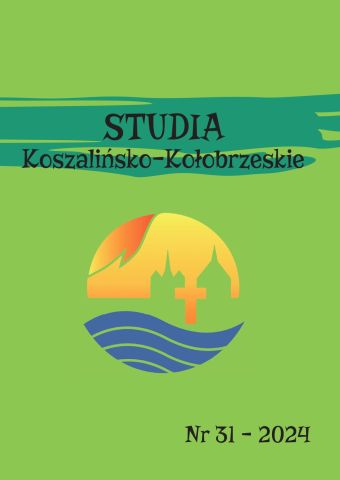Irlandzka kwestia narodowa w twórczości muzycznej zespołu The Dubliners
The Irish national question in the musical works of the band The Dubliners
Author(s): Adam RomejkoSubject(s): Christian Theology and Religion, History, Social Sciences, Sociology, Local History / Microhistory, Political history, Social history, Theology and Religion, Ethnic Minorities Studies
Published by: Wydawnictwo Naukowe Uniwersytetu Szczecińskiego
Keywords: Britain; Catholicism; England; Ireland; nationalism; The Dubliners
Summary/Abstract: The most effective tool for building national consciousness is to find a negative reference point in the form of a foreign nation or state. For the Irish, these are the English, who are often referred to as Anglo-Saxons or even Saxons, and Britain. The history of the Irish is marked by English oppression, which during the Reformation gained another factor in the form of religious persecution. Consequently, Catholicism became the hallmark of the Irish, and this in a situation where there was no shortage of Irish of the Protestant faith who did not identify with the English/ British crown. The Irish were eagerly portrayed as a backward people, and hence the folk music popular among them was looked down upon in the same way. The merit of the band The Dubliners, formed in 1962, was to strengthen Irish national pride – many came to believe that there was no need to imitate what was English or American. It is enough to remain oneself. In the songs performed, The Dubliners refer to important events in the history of the Irish struggle for independence. One can point to the Revolution of 1798, the Great Famine (1845–1849), the Easter Rising (1916) and the unrest in Northern Ireland in the decades following World War II. Many of the characters appearing in the ballads performed by The Dubliners, even a dog named Master McGrath, are historical in nature. To this day, songs arranged by The Dubliners are regarded as exemplary.
Journal: Studia Koszalińsko-Kołobrzeskie
- Issue Year: 2024
- Issue No: 31
- Page Range: 177-192
- Page Count: 16
- Language: Polish

